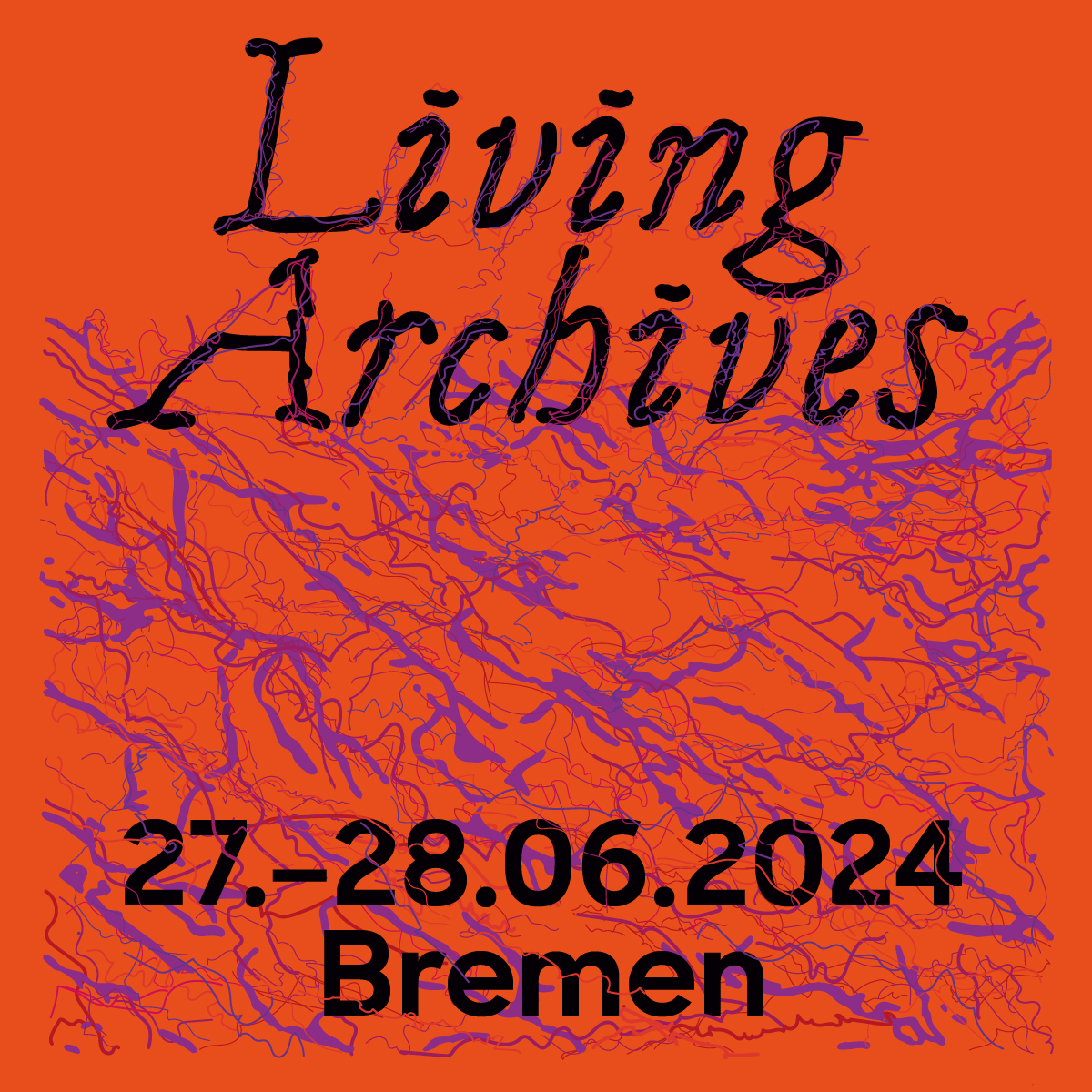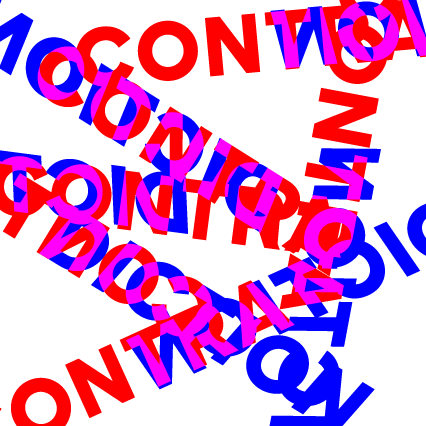Events
-
 Toolbox #5
Toolbox #5
-
 Toolbox #6
Toolbox #6Toolbox in the winter term 2025/26
-
 Toolbox #7
Toolbox #7Toolbox in the winter term 2025/26
-
 Grau, kalt und rechts? Wie reden wir über „Ostdeutschland“?
Grau, kalt und rechts? Wie reden wir über „Ostdeutschland“?What is “East Germany”? We want to talk about a region often perceived as gray, cold, and politically right-leaning. We aim to discuss how East German lifeworlds are constructed in media representations, political debates, and cultural and literary narratives, navigating between self-description and external attribution, between memory and the present.
-
 Toolbox #8
Toolbox #8Toolbox in the winter term 2025/26
-
 Contradictions Festival – 10 years WOC
Contradictions Festival – 10 years WOCIn fall 2025, Worlds of Contradiction (WOC) will be 10 years old. An overview of the planned program is available on the WOC website.
-
 Early Career Vernetzungsworkshop
Early Career VernetzungsworkshopEarly Career Networking Workshop as part of the 10th anniversary of the WOC Contradictions Festival with members of the WOC Graduate Network (WOC GradNet), the DFG Research Training Group 2686 Contradiction Studies, the Bremen International Graduate School of Social Sciences (BIGSSS), the Institute for Social Research (IfS) and the GRK 2638 Normativity, Critique, Change
-
 Toolbox #9
Toolbox #9Toolbox in the winter term 2025/26
-
 Workshop: Research Data Management
Workshop: Research Data ManagementFurther information will follow shortly.
-
 Toolbox #10
Toolbox #10Toolbox in the winter term 2025/26
-
 Toolbox #11
Toolbox #11Toolbox in the winter term 2025/26
-
 Toolbox #12
Toolbox #12Toolbox in the winter term 2025/26
-
 Toolbox #13
Toolbox #13Toolbox in the winter term 2025/26
-
 Workspace/Kolloquium Contradiction Studies #1
Workspace/Kolloquium Contradiction Studies #1Workspace/Kolloquium #1 in the winter term 2025/26
-
 Workspace/Kolloquium #2
Workspace/Kolloquium #2Workspace/Kolloquium #2 in the winter term 2025/26
-
 Workspace/Kolloquium #3
Workspace/Kolloquium #3Workspace/Kolloquium #3 in the winter term 2025/26
-
 Workspace/Kolloquium #4
Workspace/Kolloquium #4Workspace/Kolloquium #4 in the winter term 2025/26
Past Events
-
 Democratic Impertinence? Feminist and Crip Perspectives on Democracy in Times of Crisis
Democratic Impertinence? Feminist and Crip Perspectives on Democracy in Times of CrisisPanel presentation at the ECPG (European Consortium on Politics and Gender) 2024.
-
 Un/certain Times for the ‘NaturalOrder’? Queer-Feminist Critiques of Authoritarian Phantasms and Emancipatory Rebuttals
Un/certain Times for the ‘NaturalOrder’? Queer-Feminist Critiques of Authoritarian Phantasms and Emancipatory RebuttalsPanel at the ECPG (European Consortium on Politics and Gender) 2024.
-
 Excursion
Excursion
-
 Decolonial Mourning and the Caring Commons
Decolonial Mourning and the Caring CommonsWorkshop based on Professor Gutiérrez Rodriguez latest publication Decolonial Mourning and the Caring Commons.
-
 “Living Archives” Past and Present of Intersectional-Feminist Movements in Theory and Praxis
“Living Archives” Past and Present of Intersectional-Feminist Movements in Theory and PraxisConference of the Section „Politics and Gender“
in the German Political Science Association
in cooperation with the DFG Research Training Group „Contradiction Studies“ and the Research Network „Worlds of Contradiction“On the occasion of the Section’s 30th anniversary, the 15th Speakers’ Council of the DVPW (German Political Science Association) Section “Politics and Gender” will organize the conference “Living Archives”. The conference is dedicated to the overdue appreciation of the history of intersectional feminisms in German-speaking contexts (and their transnational connections). In decades of community organizing, intersectional feminists have highlighted the pervasive influence of racism and antisemitism on (academic) knowledge production. They have fought for the recognition of class struggles, and of migrant, Jewish, Afro-German and Black, Rom*nja and Sinti*zze, anti-ableist and queer*feminist perspectives. However, the status of these perspectives in academia and in social movements often remains precarious. By putting “Living Archives” center stage the conference will focus on the lived experiences of people and communities who are/have been part of intersectional (political) movements. We want to provide a space to explore diverse knowledges, forms of theory production, and political practices. These diverse archives have played a vital role in pluralistic, post-national-socialist, and post-colonial democratization processes.
-
 Samoa – “Jewel of Germany’s Pacific?”
Samoa – “Jewel of Germany’s Pacific?”This Expert Talk is part of the lecture series “Bremer Denkanstöße” by the Institut für postkoloniale und transkulturelle Studien (INPUTS), U Bremen.
-
 Keynote: Trauerarbeit als politische Arbeit
Keynote: Trauerarbeit als politische ArbeitKeynote of the Conference „Living Archives“ Geschichte und Gegenwart intersektional-feministischer Bewegungen in Theorie und Praxis.
-
 Politisches Widersprechen aus Care-Perspektive: Ethik, Körper, Arbeit
Politisches Widersprechen aus Care-Perspektive: Ethik, Körper, ArbeitTalk at the Bremer Kolloquium für politische Theorie.
-
 Widersprüchliche Lebenswelten: Das tschechoslowakische Exil in Wien 1968-1989
Widersprüchliche Lebenswelten: Das tschechoslowakische Exil in Wien 1968-1989
-
 Profit et rien d’autre | Profit and nothing but! (Film and Discussion)
Profit et rien d’autre | Profit and nothing but! (Film and Discussion)Documentary about the effects of market economy and globalization on director Raoul Peck’s homeland, Haiti.
Introduction to the work of Roaul Peck and moderation of the discussion by Gisela Febel.